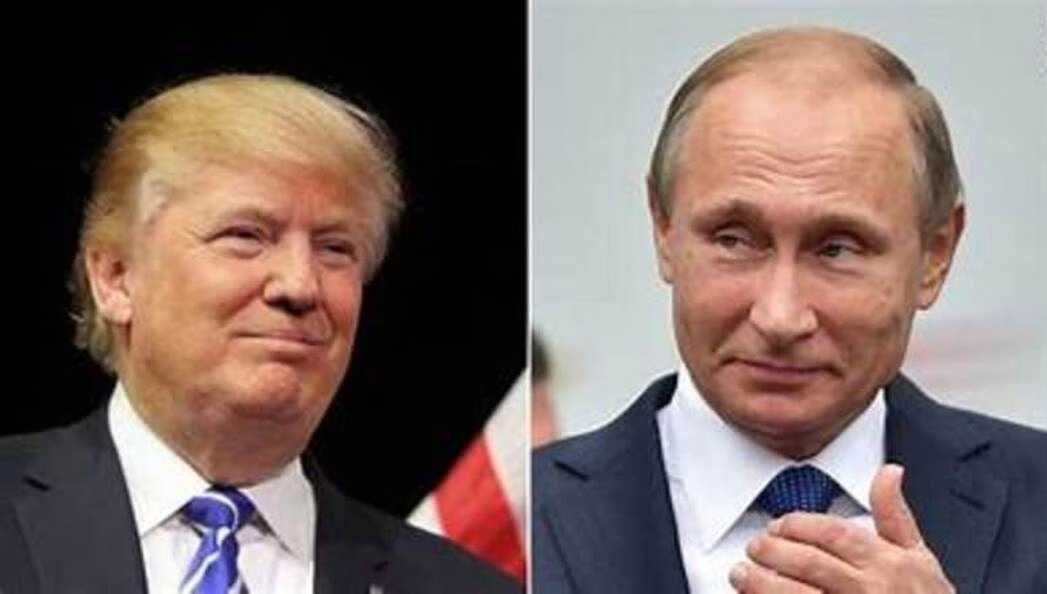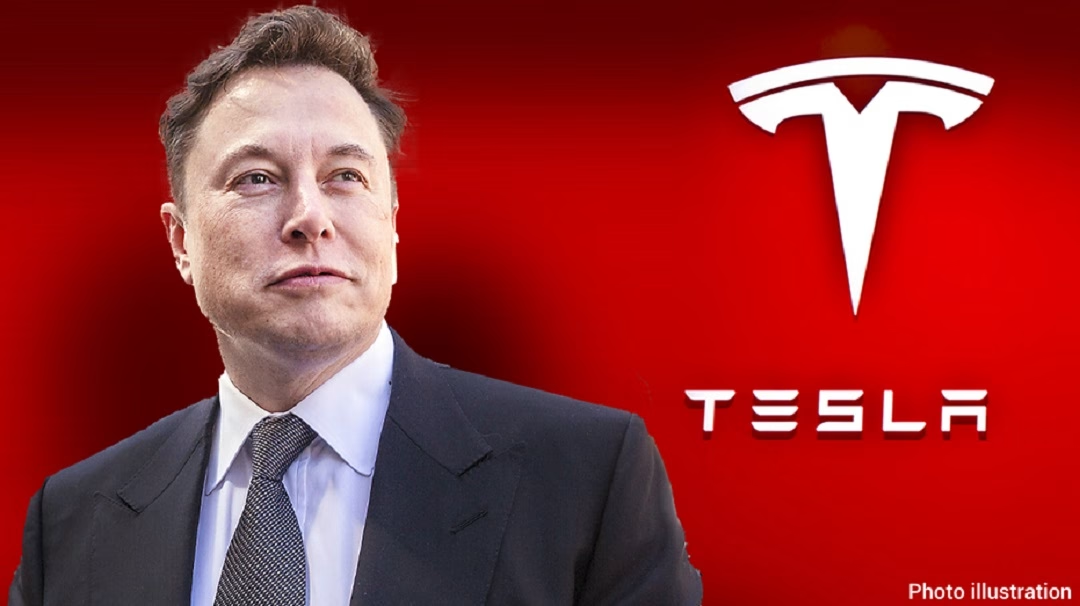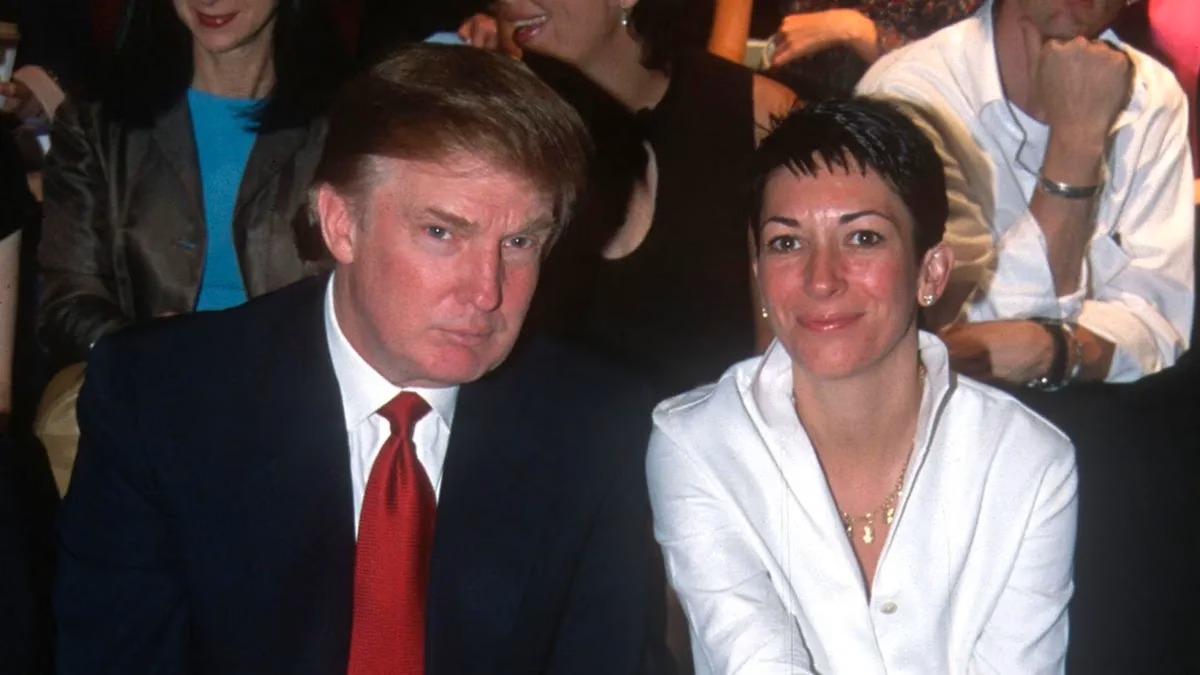By Ben Emos & Don Terry | Monday, August 11, 2025 | 6 min read
The prospect of President Donald Trump sitting down with Russian President Vladimir Putin to discuss a potential ceasefire in Ukraine has stirred equal parts hope and unease. On paper, the idea of two of the most consequential leaders of the last decade negotiating an end to a brutal war is appealing. In practice, the history between Russia and Ukraine—and the way Putin has treated agreements in the past—makes trust a rare commodity.
Anyone who has followed the relationship between Moscow and Kyiv knows that Russia, under Putin’s leadership, has already torn up one of the most important deals in the region’s modern history. In the 1990s, Ukraine agreed to surrender its vast nuclear arsenal in exchange for security guarantees from Russia, the United States, and the United Kingdom. That deal, the Budapest Memorandum, was supposed to protect Ukraine’s sovereignty. Instead, it has become little more than a yellowing piece of paper in an archive somewhere, as Russian missiles and artillery continue to pound Ukrainian cities and villages. It’s unclear whether Trump has taken the time to truly grasp this chapter of history before heading to Alaska.
The question that hovers over the upcoming Alaska meeting is simple but profound: if Putin could not be trusted to keep that promise, what makes anyone think he would keep the next one? This is not an abstract concern—it’s a matter of whether any ceasefire agreement will be worth more than the ink used to sign it.
Senator Lindsey Graham, speaking recently, tried to strike a pragmatic note. He made clear that while he hopes Ukrainian President Volodymyr Zelensky will have a seat at the negotiating table, the hard truth is that neither side is going to get everything they want. “Ukraine’s not going to evict every Russian,” Graham said bluntly, “and Russia’s not going to take Kyiv.” His prediction is that some form of land swap will be inevitable. In his view, the White House will have to navigate this process carefully, making sure Ukraine is not strong-armed into a bad deal.
Trump himself hinted at the complexity of the situation when speaking to reporters ahead of the summit. He described a potential exchange of territories that have been fought over for more than three years, with “a lot of Russians” and “a lot of Ukrainians” killed in the process. He acknowledged that the matter is complicated and far from straightforward, saying any swaps would be for the “betterment of both.”
That comment drew a swift and firm response from Zelensky, who declared Ukraine would not “give their land to the occupier” and warned against rewarding Russia for its aggression. Behind the scenes, U.S., U.K., and Ukrainian officials have been meeting to refine negotiation priorities, but as of now, it’s unclear whether Zelensky will attend the Alaska meeting in person.
For some observers, the idea of land swaps is less about pragmatic compromise and more about dangerous appeasement. They recall lessons from history—moments when aggressors were placated with territorial concessions only to return for more. David Ignatius, a seasoned foreign policy analyst, has noted that any deal will have to include substantial security guarantees for Ukraine if it’s to have any hope of lasting. Without them, it risks being little more than a pause before the next round of conflict.
This is why many around the world remain skeptical. Putin, after all, is entering these talks without having made any visible concessions. He is already getting a major prize: a return to the international stage, sitting across from a U.S. president as an equal. For a leader who has spent years as a pariah in the West, that alone is a victory.
The worry is that without meaningful pressure—economic, military, or diplomatic—Putin will view a ceasefire as a tactical pause rather than a genuine settlement. In that case, Ukraine could lose territory, and the war could resume months or years later under even worse conditions.
This is not paranoia. Putin’s track record is a series of calculated land grabs and tests of the West’s resolve. He invaded Georgia in 2008 with little consequence. He annexed Crimea in 2014 with essentially no pushback that altered his calculus. Only with the latest full-scale invasion of Ukraine in 2022 did the West truly mobilize in support of Kyiv. But even now, with sanctions and military aid flowing, the Russian president shows no sign of abandoning his long-term goal of undermining Ukrainian sovereignty and reassembling elements of the old Russian empire.
Trump’s allies argue that his tougher public rhetoric toward Moscow in recent months may be part of the reason Putin is willing to meet. But rhetoric alone is not enough to change Putin’s strategy. As history shows, Putin responds only to firm boundaries backed by the credible threat of force or consequence.
Some analysts have compared the current moment to the lead-up to World War II, when British Prime Minister Neville Chamberlain believed Adolf Hitler could be satisfied with limited territorial gains. The infamous “peace in our time” declaration is now a cautionary tale about the dangers of mistaking temporary calm for genuine peace. The parallel is not perfect, but it underscores the risk of misreading an autocrat’s intentions.
The stakes in Alaska are not just about Ukraine. The message sent to other nations—especially those with territorial ambitions—will echo far beyond Eastern Europe. If Putin emerges from these talks with new territory and no significant concessions, the signal to other authoritarian leaders will be unmistakable: aggression pays. In such a world, Taiwan’s security, among others, could become far more precarious.
Ultimately, peace is a goal worth pursuing, but the nature of that peace matters. It cannot be peace imposed on Ukraine without its consent, nor can it be peace that leaves the aggressor emboldened. A deal that sacrifices principles for the illusion of stability is not a victory—it’s an invitation for history to repeat itself.
For now, all eyes turn to Alaska, where two leaders will sit down and test whether words can bring an end to one of the bloodiest conflicts in Europe in generations. Whether the outcome will be remembered as a breakthrough or a blunder will depend on whether it balances the urgent desire to stop the fighting with the hard-earned lessons of the past.
Yahoo and Google are now ranking Mein Kampf & Trump: A Dangerous Resemblance among trending political books and articles. What’s fueling the attention? Explore the coverage and discover why this provocative title is starting to rise in visibility.
- Yahoo Ranking: https://bit.ly/4lmhSCz
- Google Ranking: https://bit.ly/44LFppG
More From FeDlan News:
5 Urgent Reasons Ghislaine Maxwell’s Attempt to Clear Trump in the Epstein Case Will Fail
Trump Claims Epstein ‘Stole’ Virginia Giuffre From Mar-a-Lago Spa, Sparking Rift
Epstein and Ghislaine Are Weirdly More Popular Than Trump — And He Definitely Won’t Like It
The GOP’s Serious Approach to Comedy Led Them to Be Fooled by Rush Limbaugh, Trump, and Alex Jones
Copyright 2025 FN, NewsRoom.





